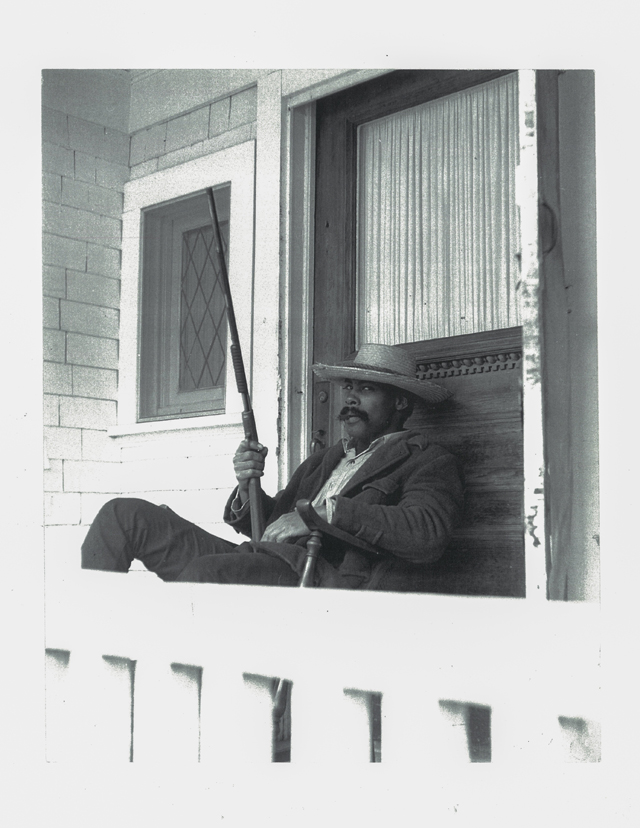ED BEREAL
When I’m asked to comment on or to somehow make a definitive statement positioning myself relative to my Art………..there is a statement by P.L. Dunbar that expresses “where I’m at” much better than I can…
When de Co’n Pone’s Hot
by Paul Laurence Dunbar
Dey is times in life when Nature
Seems to slip a cog an’ go,
Jes’ a-rattlin’ down creation,
Lak an ocean’s overflow;
When de worl’ jes’ stahts a-spinnin’
Lak a picaninny’s top,
An’ yo’ cup o’ joy is brimmin’
‘Twell it seems about to slop,
An’ you feel jes’ lak a racah,
Dat is trainin’ fu’ to trot—
When yo’ mammy says de blessin’
An’ de co’n pone’s hot.
When you set down at de table,
Kin’ o’ weary lak an’ sad,
An’ you ‘se jes’ a little tiahed
An’ purhaps a little mad;
How yo’ gloom tu’ns into gladness,
How yo’ joy drives out de doubt
When de oven do’ is opened,
An’ de smell comes po’in’ out;
Why, de ‘lectric light o’ Heaven
Seems to settle on de spot,
When yo’ mammy says de blessin’
An’ de co’n pone’s hot.
When de cabbage pot is steamin’
An’ de bacon good an’ fat,
When de chittlins is a-sputter’n’
So’s to show you whah dey’s at;
Tek away yo’ sody biscuit,
Tek away yo’ cake an’ pie,
Fu’ de glory time is comin’,
An’ it’s ‘proachin’ mighty nigh,
An’ you want to jump an’ hollah,
Dough you know you’d bettah not,
When yo’ mammy says de blessin’
An’ de co’n pone’s hot.
I have hyeahd a’ lots o’ sermons,
An’ I’ve hyeahd o’ lots o’ prayers,
An I’ve listened to some singin’
Dat has tuck me up de stairs
Of de Glory-Lan’ an’ set me
Jes’ below de Mastah’s th’one,
An’ have lef’ my hea’t a-singin’
In a happy aftah tone;
But dem wu’ds so sweetly murmured
Seem to tech de softes’ spot,
When my mammy says de blessin’,
An’ de co’n pone’s hot.

—
Ed Bereal was born in 1937 in Riverside, California. While still a student at Chouinard Art Institute, his work was included in the controversial 1961 exhibition War Babies at Henry Hopkins’s Huysman Gallery. Bereal’s assemblages challenge the viewer, directly addressing identity politics and racial stereotypes prevalent in the U.S. in the 1960s and beyond. These works also engage with uncomfortable and complex moments in global history, such as Nazi-era Germany. Bereal has been a mentor to several generations of artists and has taught at universities throughout the United States.
